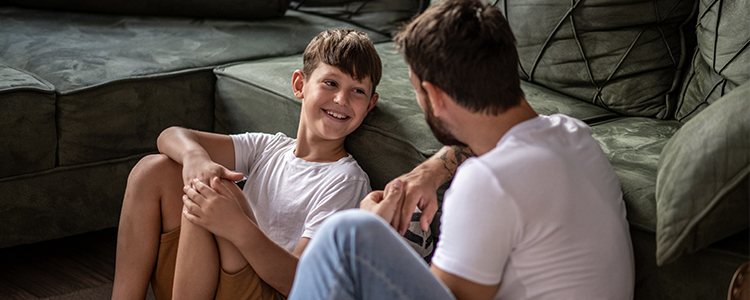



There are many students who put off work until the last minute. Although their reasons vary, one thing is for sure – procrastinators underestimate the time it will take to complete their work and overestimate how much time is available to do it.

The exam results are in!
Your child brings home a bad report card. Your first instinct may be to punish them to make them raise their marks. However, will that really solve the problem? We know from research in the workplace that punishment never solves motivation or performance problems, so why would it work for children?

We all want our children to be happy, healthy, and to have friends. We send our children off to school with the hope they will create meaningful connections, and are heartbroken when this doesn’t happen. While it’s natural for some children to take time to warm up to new social environments, persistent difficulties in making friends or feeling accepted can impact self-esteem and overall wellbeing. Building social skills and fostering friendships is essential to development and good mental health. So, how do we help our children build relationship skills? It all starts at home.

When your child receives an educational code, it can be an overwhelming experience as a parent. What does this mean? How will it affect their academic future? What does this mean for their social development and self-esteem? There is a lot to unpack here, and unless you work in the school system, it can be a bit of a learning curve to understand how to navigate the world of codes, Individualized Program Plans (IPPs), and finding resources to support you and your child.
Calgary’s Child Magazine © 2024 Calgary’s Child